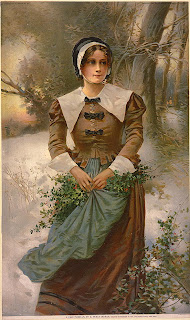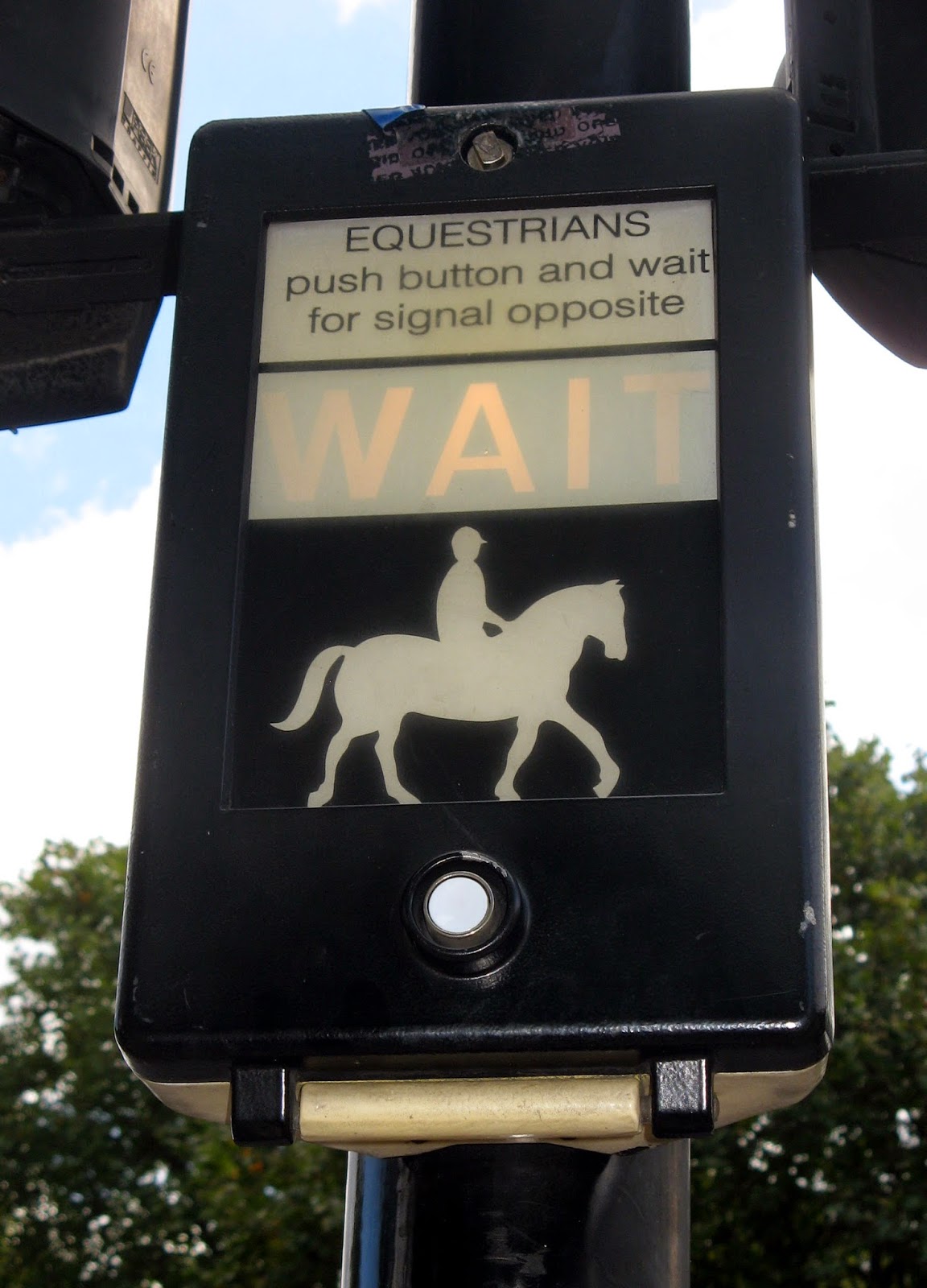Puritan Women in Literature - Dumbing Women Down
 |
| Cotton Mather by Peter Pelham |
A survey of early American literature shows that for Puritan women in the seventeenth and eighteenth centuries, the subservient role of wifely service amounted to just one of the functions of marriage. Even more significant for them was motherhood. In this society, women were not considered as intellectuals and were only educated in Calvinistic doctrines.
Puritan Women – Must Suffer Childbirth
 In A History of Their Own: Women in Europe From Prehistory to the Present, Volume II, 1989, authors Bonnie Anderson and Judith Zinsser point out that Calvin believed women could not reach salvation by faith alone, but were required to suffer the act of childbirth and nurturing; the punishment that Eve deserved in order to reach such exaltation (260). However, throughout the seventeenth and eighteenth centuries, many women died or expected to die giving birth.
In A History of Their Own: Women in Europe From Prehistory to the Present, Volume II, 1989, authors Bonnie Anderson and Judith Zinsser point out that Calvin believed women could not reach salvation by faith alone, but were required to suffer the act of childbirth and nurturing; the punishment that Eve deserved in order to reach such exaltation (260). However, throughout the seventeenth and eighteenth centuries, many women died or expected to die giving birth.Puritan housewife and poet, Anne Bradstreet, whose father had taken care of her education in England, confirms this in her poem "Before the Birth of One of Her Children," published in The Norton Anthology of American Literature, 1995, with her lines,
"But with death's parting blow is sure to meet.
The sentence past is most irrevocable" (4-5,130).
Puritan Women Powerless and Unheard
Thus by limiting them to housewifery and motherhood, the Puritan patriarchal society positioned women impotently within their realm. Anne Bradstreet alludes to women's status in her poem "The Prologue", also part of The Norton Anthology of American Literature:
It is but vain unjustly to wage war;
Men can do best, and women know well –
Pre-eminence in all and each is yours;
Yet grant some small acknowledgement of ours" (37-41, 121).
Anne Bradstreet was an exception during this period since women were not encouraged to better themselves intellectually nor allowed to produce literary works. However, women’s powerlessness during this period is emphasised not only by the scarcity of women's literature, but also by the lack of merit given to them in male literature. In Nathaniel Hawthorne's short stories "My Kinsman, Major Molineux" and "The Minister's Black Veil" all part of The Norton Anthology of American Literature , his references to women are as "my sweet pretty mistress," "an old woman," "the most innocent girl," "a superstitious old woman," "the bride," and "good women gossiping"; there are no names only opprobrious descriptions.
 |
| A Fair Puritan - E. Percy Moran |
Women were allowed only to become literate through Bible study and the accepted belief was that only men were born with intelligence and understanding, shown in Bradstreet’s lines of "The Prologue", "If what I do prove well, it won’t advance, They'll say it’s stolen, or else it was by chance" (29-30, 121). Accordingly, women received limited reading materials; another method used in the Puritan community by the patriarchs to ensure that women remained in their designated roles.
Literary Freedom Causes Confusion
The fears of the patriarchal society that reading beyond that of the permitted scripts would advance female thinking are highlighted through the consequences of Anne Bradstreet's atypical educated background and unrestricted access to literature. Bradstreet's knowledge brought ambivalence and she became torn between God and her inner feelings for freedom. Unable to express her thoughts publicly within her community, she chose poetry as a means to express her discontent and unresolved conflict between her inner feelings and the doctrines of Puritanism.
Puritan Women Remained Unaccomplished
In order to justify her writing to the community and to endeavour to remain within the conventions of Puritanical thought, Bradstreet purposely diminished her self-worth as a poet and as a woman by using self-effacing apologies within her verses. For example, in her poem "The Author To Her Book" she claims her manuscript, surreptitiously published in London, England, in 1650, by her brother-in-law, to be an "ill-formed offspring of [her] feeble brain (1, 130)." Ironically, despite the restraints of her community, Anne Bradstreet was the first New World resident to have her works published.
Sources
- Anderson B.S. and J.P. Zinsser. A History of Their Own: Women in Europe From Pre-History To The Present: Volume II. Harper Perennial, New York, 1989.
- The Norton Anthology of American Literature. W.W. Norton & Company, Inc. New York,1995.
- Beard, C. and M. Beard. A Basic History of The United States. The New Home Library, New York,1944.
First published, Feb 23, 2011, by Lesley Lanir on Suite101.com
Copyright Lesley Lanir. Contact the author to obtain permission for republication.




Comments
Post a Comment